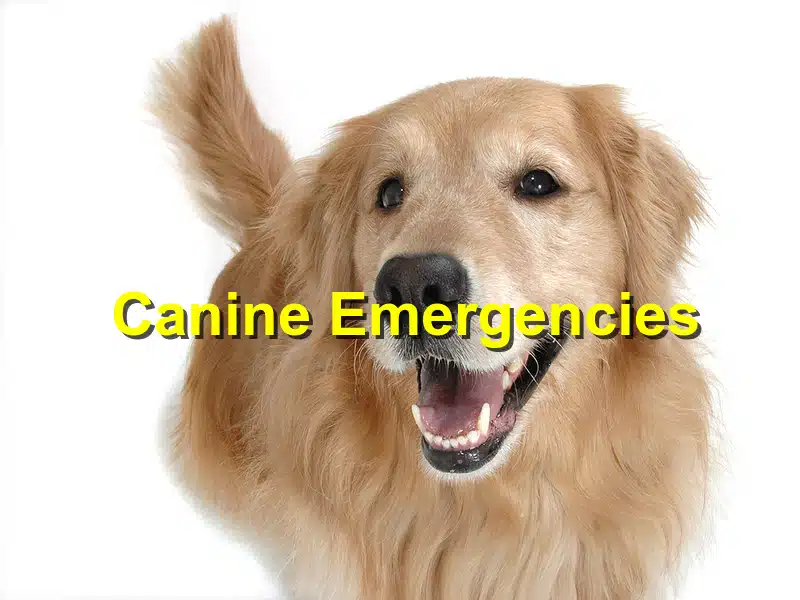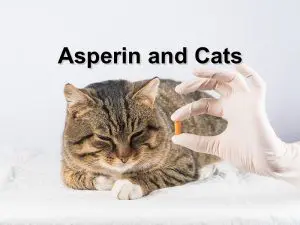Knowing when to rush your dog to the vet for urgent medical attention is crucial for ensuring their health and safety. Learn about common canine emergencies and recognize signs of distress:
- Difficulty Breathing: If your dog is struggling to breathe, gasping for air, or displaying blue gums or tongue, it could indicate a serious respiratory issue such as choking, suffocation, or respiratory distress. Seek immediate veterinary care to address the underlying cause and provide life-saving treatment.
- Trauma or Injury: Any traumatic injury, such as being hit by a car, falling from a height, or sustaining a severe bite wound, requires immediate medical attention. Even if there are no visible external injuries, internal damage or bleeding could be present and require urgent veterinary care.
- Uncontrolled Bleeding: If your dog is bleeding profusely from a wound or injury, apply direct pressure to the area using a clean cloth or bandage and rush them to the vet immediately. Uncontrolled bleeding can lead to shock, organ damage, and even death if left untreated.
- Severe Vomiting or Diarrhea: Persistent vomiting or diarrhea, especially if accompanied by lethargy, dehydration, or blood in the stool, could indicate a serious gastrointestinal issue such as poisoning, obstruction, or infection. Seek prompt veterinary attention to prevent dehydration and assess the underlying cause.
- Seizures or Convulsions: If your dog experiences seizures or convulsions, it could be a sign of an underlying neurological condition, toxin ingestion, or other serious health issue. Keep your dog safe from injury during the seizure, and seek immediate veterinary care to determine the cause and provide appropriate treatment.
- Heatstroke: Heatstroke is a life-threatening emergency that occurs when a dog’s body temperature rises to dangerous levels, often due to exposure to high temperatures or prolonged exertion in hot weather. Symptoms include excessive panting, drooling, weakness, collapse, and seizures. Cool your dog down with water and ice packs while transporting them to the vet for urgent treatment.
- Ingestion of Toxic Substances: If your dog ingests a toxic substance such as chocolate, xylitol, grapes, raisins, medications, or household chemicals, seek immediate veterinary assistance. Time is critical in cases of poisoning, and prompt treatment can help minimize the risk of serious complications or death.
By recognizing signs of distress and acting promptly to seek veterinary care, you can help ensure the health and safety of your beloved canine companion. Trust your instincts and never hesitate to seek professional help if you suspect your dog is experiencing a medical emergency.
References: RoyalVeterinaryCollege




